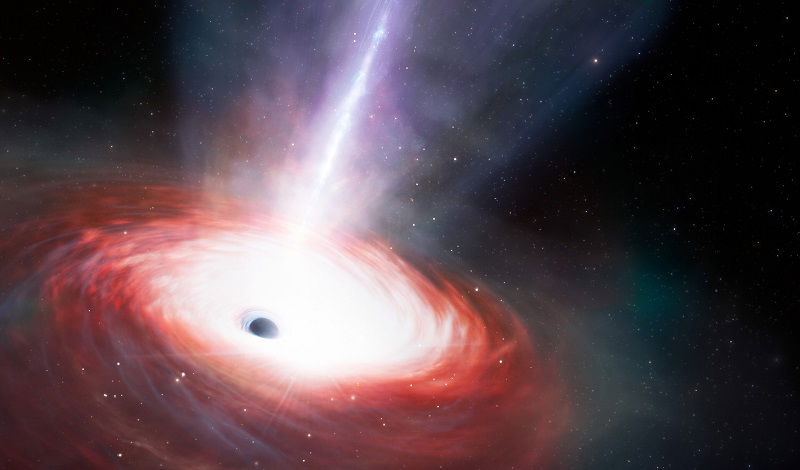Knowridge
1M
432

Image Credit: Knowridge
Feasting black hole found devouring matter at unbelievable speeds in early universe
- Astronomers have discovered a black hole in the early universe that is consuming matter at an astonishing rate—more than 40 times the theoretical limit.
- The black hole, known as LID-568, was found in a galaxy only 1.5 billion years after the Big Bang.
- Observing LID-568 has helped shed new light on how black holes in the universe's youth grew so large so quickly.
- This discovery supports theories that black holes could grow rapidly through intense feeding episodes, providing insights into the evolution of supermassive black holes in the universe.
Read Full Article
26 Likes
For uninterrupted reading, download the app